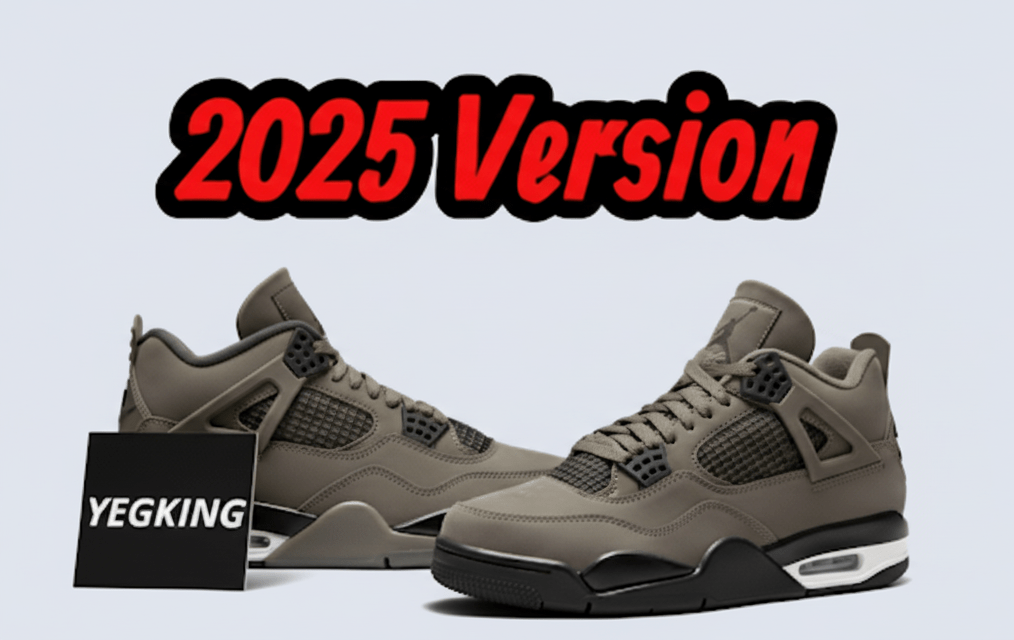Cheap Rep Shoes: Best Replica Sneaker Websites 2025
Sneaker culture in 2025 is as intense as ever. Limited drops sell out in seconds, and resale prices push even casual buyers away. For many, the solution lies in cheap rep shoes — affordable replicas that look and feel close to the originals.Still, the challenge is finding reliable websites. Many online shops over promise but … Read more

